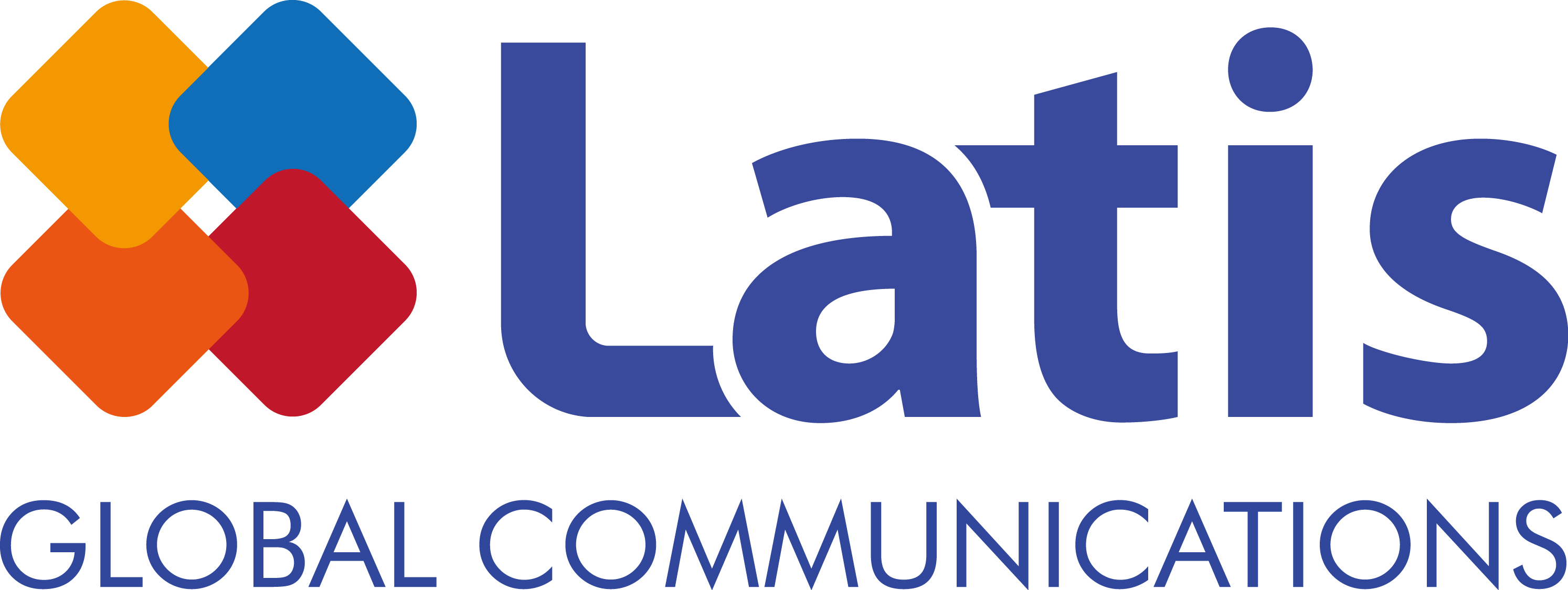

The Türkiye Gaming Market: An Overview
- The Türkiye gaming market reached $1.22 billion (approximately 1.6839 trillion KRW) in 2021, ranking 18th globally.
- In 2022, Türkiye’s gaming market grew to $1.45 billion (approximately 2.0014 trillion KRW). Although recorded at $580 million (approximately 800.5 billion KRW) in 2023 due to exchange rate fluctuations, the market size increased when converted to Türkiye Lira.
- According to KOTRA, the number of gamers in Türkiye rose from 36 million in 2021 to 42 million in 2022, reaching 47 million in 2023, which accounts for 55% of Türkiye’s total population of 85 million.
- A 2020 report by Gaming In Türkiye indicates that Türkiye gamers spent a total of $880 million (approximately 1.2144 trillion KRW) in 2020, with mobile gaming making up half of this amount. Spending is expected to continue rising.
- According to TentuPlay, 81% of adult gamers in Türkiye have played at least one mobile game. The age distribution among mobile gamers is as follows: 30-49 years old at 44%, 14-29 years old at 37%, and 50-69 years old at 19%.
- A 2020 report by Newzoo shows that mobile games represent the largest share of the market in Türkiye at 60%, followed by PC games at 25% and console games at 15%.
- Statista data suggests that Türkiye’s mobile gaming market will continue to grow over the next five years, reaching $444.94 million (approximately 614 billion KRW) from 2024 to 2027.

Status of the Türkiye Gaming Market
1. Status of the Gaming Ecosystem
- The Türkiye gaming ecosystem did not take shape until the 2000s. Initially, games were run through Java on portals, later evolving into Flash-based games. In the early 2010s, the Türkiye game startup ecosystem began to develop, with investments starting through local Venture Capital Investment Funds (VCIF).
- Since 2017, with the growth of Türkiye’s gaming ecosystem, the gaming industry has expanded further, with a rising popularity of esports.
- According to Statista, Türkiye’s esports market, driven by high youth participation, is projected to reach a scale of $17 million (approximately 23.4 billion KRW) by 2023.
2. Status of Game Developers
- According to KOCCA, as of 2023, Türkiye has a total of 740 studios, 12 game incubation centers, 21 accelerators, 2 game clusters, and 8 game-specific investment funds.
- Among them, the startup Peak Games secured an $1.8 billion M&A deal with U.S.-based Zynga in 2020, sparking further investment in many startups.
- A TentuPlay report shows that in 2021, mobile games developed in Türkiye accounted for 20% of the top 100 downloads in the U.S. gaming market.
3. Mobile Games
- With the continuous rise in mobile internet usage in Türkiye, mobile games hold a significant position in the gaming market.
- According to the Türkiye Game Market 2023 Report, the primary reason for playing mobile games is to escape from the stress and worries of daily life, with many choosing mobile games for enjoyment, relaxation, and a sense of freedom.
- The Türkiye Game Market Report’s download analysis reveals that hyper-casual games are the most popular, followed by simulation, kids, action, puzzle, and racing games.

Türkiye Gaming Industry: Outlook
- KOCCA forecasts that Türkiye’s gaming market, supported by a young, tech-savvy population, will continue to grow, indicating a bright future for the gaming industry.
- The Türkiye government has recognized the potential of the gaming sector and is planning to establish an esports academy to support its growth.
- In 2020, Zynga acquired the Türkiye game developer Peak Games for $1.8 billion, marking the largest acquisition of a Türkiye tech company, which has attracted significant attention from foreign investors.
- Türkiye’s game developer S.A. notes that understanding local players’ preference for lightweight, casual games is essential for successfully entering the Türkiye gaming market.
- They also emphasize the importance of precise in-game translations and accurate representation of the Türkiye script, as even minor details can impact Türkiye players’ reception of the game.
- A survey on smartphone usage in Türkiye reveals that 68% of users are on Android OS, while only 32% are on iOS, underscoring the need to consider OS environments when launching games.



